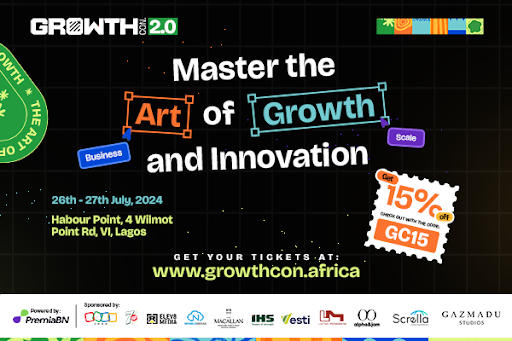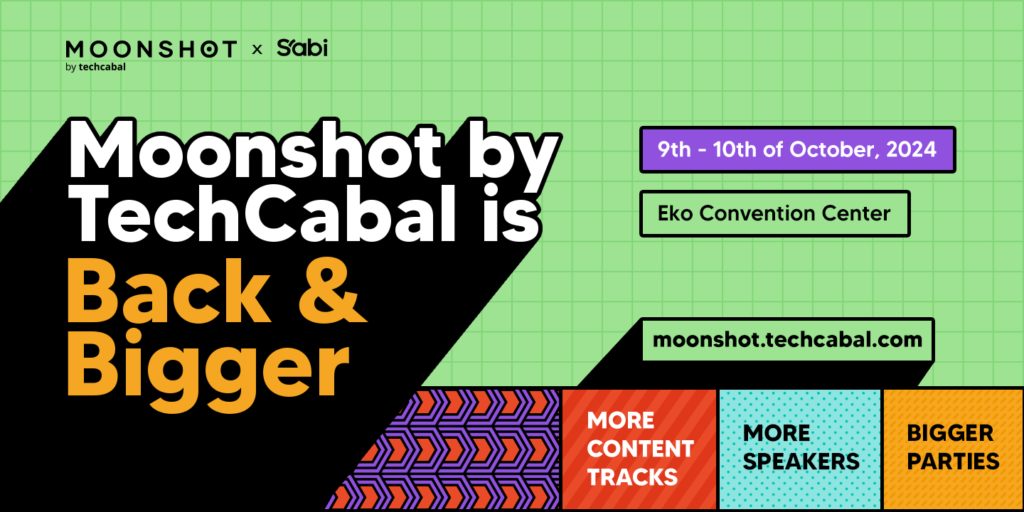
First Published 14 July, 2024
Artificial intelligence (AI) has captured investors’ imaginations, with funding for generative AI skyrocketing 260% in 2023. Some of these investments are directed towards building or funding “artificial intelligence startups”, an approach that is problematic because it promotes the idea that AI is a standalone product.
The investment opportunity in AI—projected to reach $200 billion for AI servers by 2025—indicates a significant shift towards embedding AI into products, rather than developing AI as an isolated product. Critics insist that AI does not offer any special solution to any problem. What, they wonder, is the marked difference between Gemini, ChatGPT or Meta AI, for instance? This article summarises it well: “Unlike previous waves of technology, such as the Internet, which had an immediate and obvious impact on the economy, AI does not actually allow anyone to do things that were not before possible.”
Our current AI excitement phase can be likened to the dot-com bubble decades ago, when investors backed internet startups during a period of low-interest rates. When the rates spiked, several of those companies shut down after operating with unsustainable economics. The successes of ChatGPT has generated profound influence not only on tech sectors but in the evolution of AI technology. Many investors, not wanting to miss out, have rushed to fund AI projects. This path will course-correct very soon when investors start withdrawing investments after realities of profitability become clearer. The AI bubble has been foreshadowed to burst before 2026.
Partner Content:
Read: Kotani Pay obtains a CASP licence in South Africa
here.
Sam Altman, CEO of OpenAI, owner of ChatGPT, has made remarks setting realistic expectations of the abilities of ChatGPT, describing GPT-4 as “sort of like a brainstorming partner”. A brainstorming partner is getting Google Docs or Grammarly to suggest apt phrases for you. The best use case for this partner is as a feature, add-on or plug-in. All familiar things to us.
Till date, several screaming headlines have touted AI as the harbinger of mass unemployment, echoing anxieties that this “new” technology will render human jobs obsolete. A McKinsey report acknowledges this fact. However, AI is unlikely to trigger mass unemployment; product development and service operations are the primary job functions to be affected by AI. The aforementioned McKinsey report also states that several businesses are adopting AI only in one aspect of their operations, not every part. Manufacturing industries like aerospace, automotives, and advanced electronics, are expected to see less disruption. In essence, not everyone’s jobs are at risk.
Next Wave continues after this ad.
The future can be better when AI streamlines tedious tasks in productivity suites, personalises healthcare recommendations, or even enhances customer service interactions. While these advancements will not dramatically alter daily living, they will at least give it a facelift.
Partner Content:
Read: Payaza rebrands with a new logo and renewed vision
here.
Joseph Olaoluwa,
Senior Reporter, TechCabal.
Feel free to email joseph.olaoluwa[at]bigcabal.com, with your thoughts about this edition of NextWave. Or just click reply to share your thoughts and feedback.
We’d love to hear from you
Psst! Down here!
Thanks for reading today’s Next Wave. Please share. Or subscribe if someone shared it to you here for free to get fresh perspectives on the progress of digital innovation in Africa every Sunday.
As always feel free to email a reply or response to this essay. I enjoy reading those emails a lot.
TC Daily newsletter is out daily (Mon – Fri) brief of all the technology and business stories you need to know. Get it in your inbox each weekday at 7 AM (WAT).
Follow TechCabal on Twitter, Instagram, Facebook, and LinkedIn to stay engaged in our real-time conversations on tech and innovation in Africa.



























